Libro 'Infodemia' explica a modo de diccionario, y con riguroso humor negro, las noticias falsas y engañosas más difundidas en América Latina y el resto del mundo durante la pandemia de la COVID-19.

With the pandemic, indigenous media have gotten information about the disease to isolated communities, with little or no access to the internet.
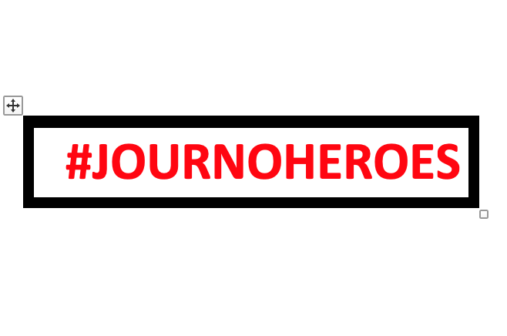
“Female journalists today face unprecedented hardships for simply speaking truth to power,” the IWMF writes.
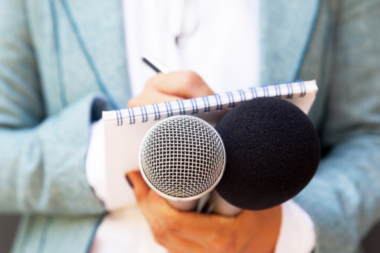
An independent report found that news shows offered on U.S. government-funded Radio Televisión Martí, which produces news for and about Cuba, were “peppered with bad journalism” as well as being “ineffective propaganda.”

A list of 36 journalists who allegedly benefited from advertising contracts with the administration of former Mexican President Peña Nieto came from a citizen information request and was not disseminated by the presidency, according to current President

Folha decided to embrace the challenge of "reflecting the variety of social life in Brazil," according to the newspaper, which had the largest circulation in the country, with 332 thousand copies (print and digital) in March
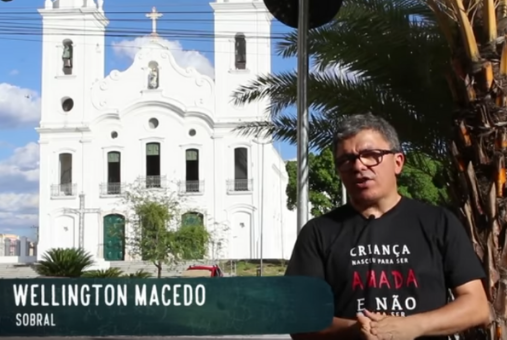
A series of reports on alleged fraud in evaluations of public education in Sobral and other cities in Ceará, in the northeastern region of Brazil, has so far led to 63 lawsuits against journalist Wellington Macedo.

These journalists are turning the microphone toward the people behind the news and are examining the press in this current moment.
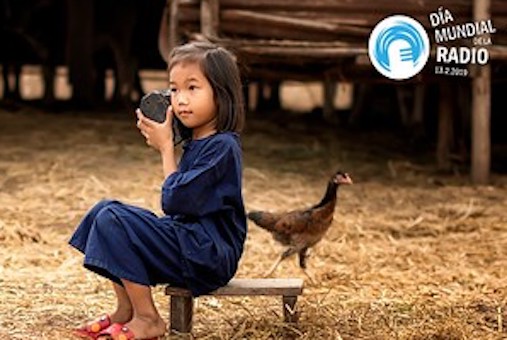
Under the theme "Dialogue, tolerance and peace," the UNESCO is once again leading the celebration of World Radio Day on Feb. 13 to highlight the importance of the radio in its search for a "more peaceful and tolerant world."
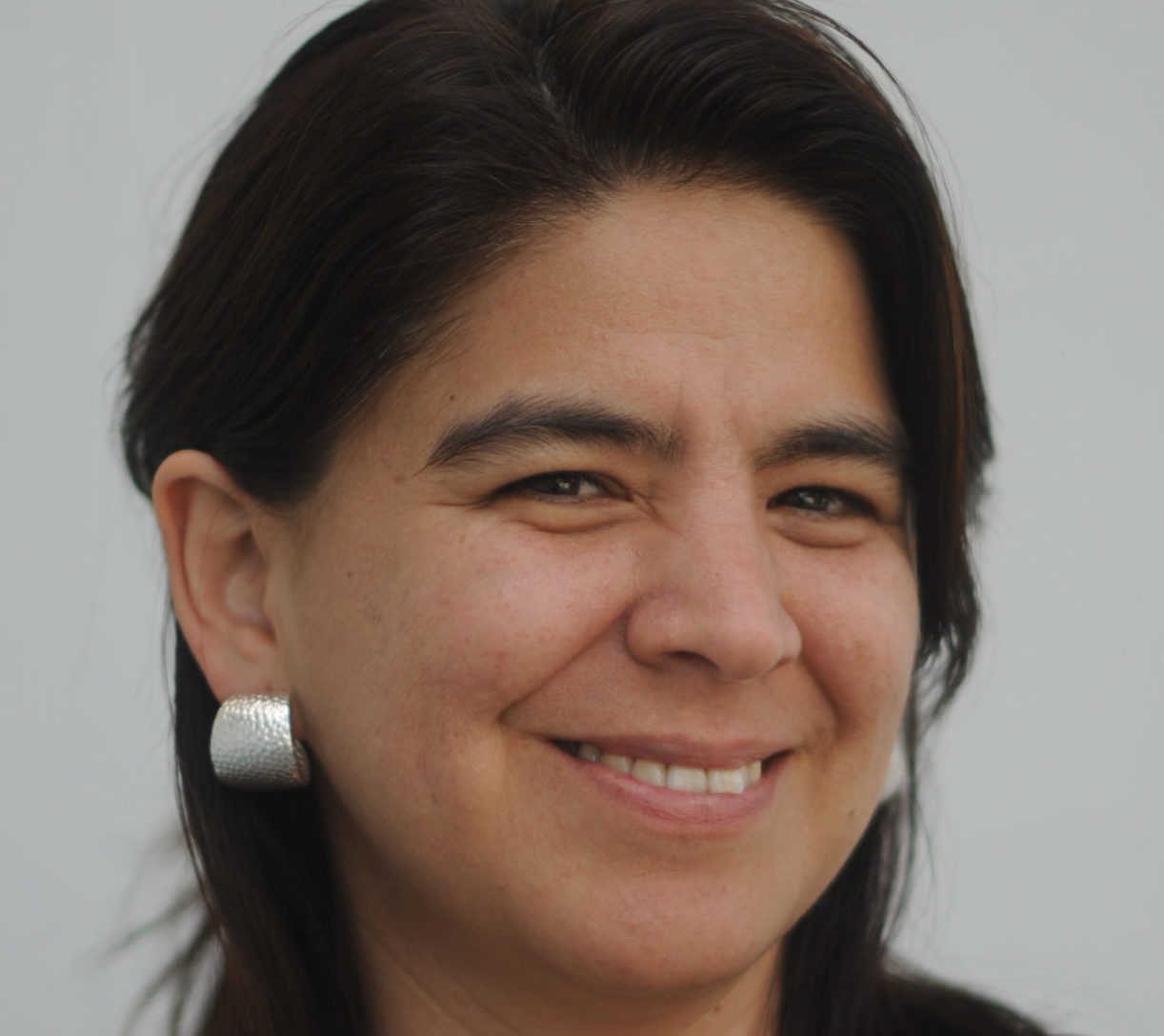
Peruvian journalist Paola Ugaz was criminally denounced for aggravated defamation by the Archbishop of Piura and Tumbes, José Antonio Eguren Anselmi.
A Colombian judge denied a tutela – a judicial recourse in the country to restore fundamental rights – filed by prosecutor Daniel Hernández against journalist María Jimena Duzán because of an opinion column, Semana magazine reported.
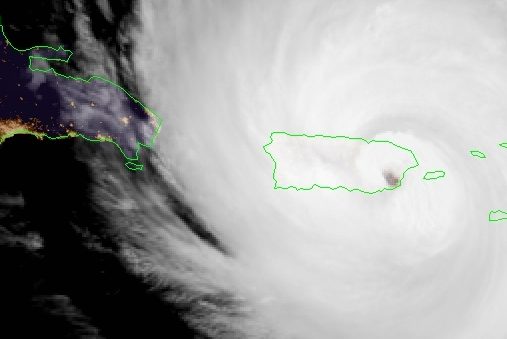
After the Puerto Rican government published that the passage of Hurricane Maria over the island left only 64 people dead, local media such as the Center for Investigative Journalism (CPI, for its initials in Spanish) began to question official statistics and to investigate further.